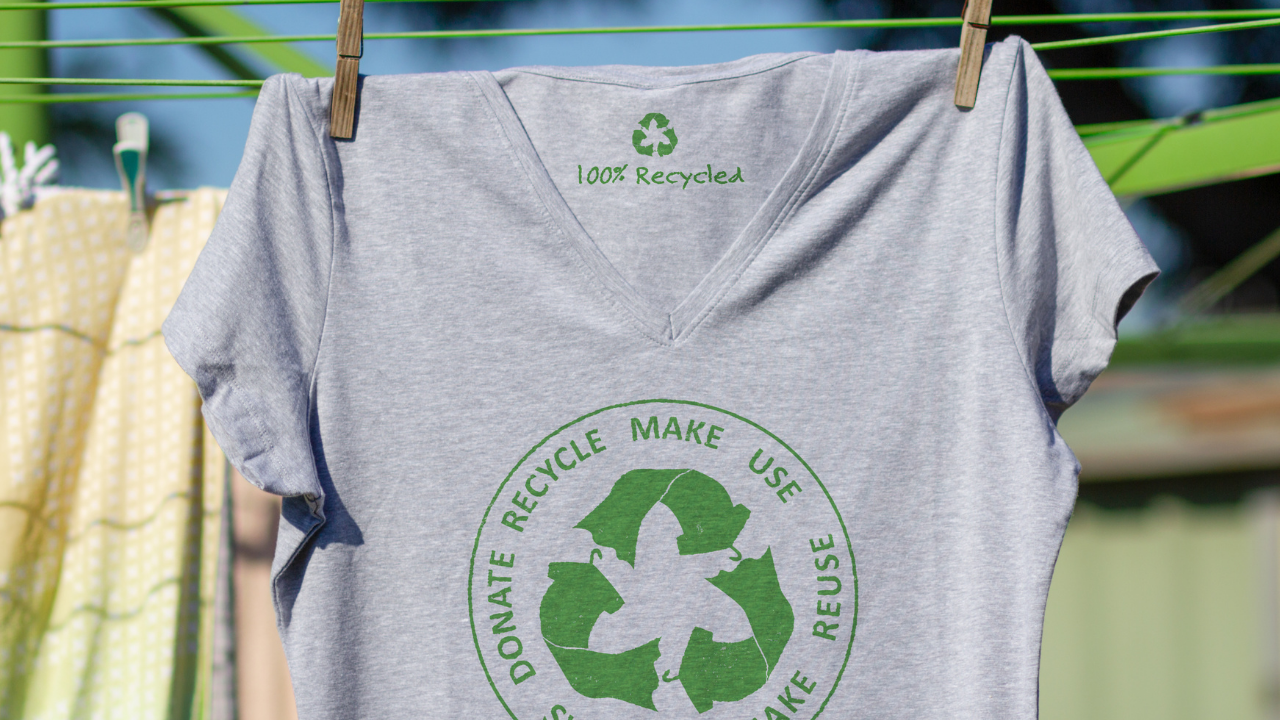The Circular Economy - Do we get it yet?

As defined by the European Parliament;
“The circular economy is a model of production and consumption, which involves sharing, leasing, reusing, repairing, refurbishing and recycling existing materials and products as long as possible. In this way, the life cycle of products is extended.”
The drive towards a circular economy has recently seen a huge push as it is in line with governments reaching their net zero targets. We are hearing it more and more in sound bites and headlines as for the most part, globally, there is an acknowledgement that our current linear economy is simply not sustainable.
So, how is the shift for European society going from our current throwaway culture?
Digging a little deeper into waste management plans and objectives, the Netherlands popped up several times so I decided to have a look into their overall ambitions and targets. For example, their government strategy has very clearly outlined that by 2050 the transition to the circular economy must be reach...
How can I make a difference ?
Last month, we were delighted to officially launch our environmental education programme for secondary schools here in Ireland.
Since the launch, we have been lucky to engage with these students and create a space where we encourage them to ask us anything that may be causing anxiety in regards to Climate Change.
One student, asked a very important question in relation to plastic waste last week:
How can we make a difference when the big companies are the ones who create the products we buy?
I love these types of questions, and students don’t hold back thankfully with how they feel. We appreciate this honesty no end.
But, how do you answer the above question?
To be fair it is absolutely a valid point to make. Our current consumer society has been created by large corporations, they thrive by sending us into a frenzy of convenient consumerism of cheaper products, disposable items, etc.
Nowadays some people feel if they do not have a new dress or suit to wear at the next party for...


